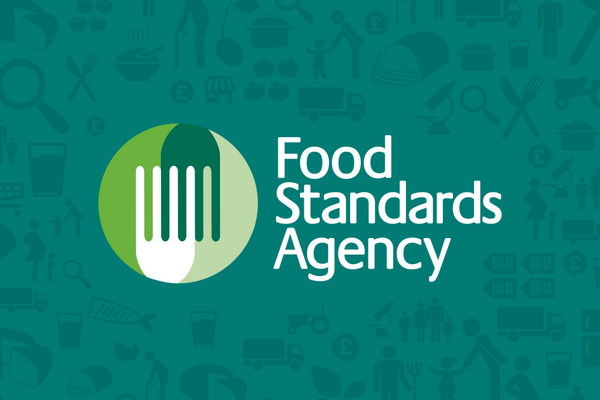The Food Standards Agency (FSA) has released updated Food Law Codes of Practice and Practice Guidance for England, Wales and Northern Ireland. This update marks a significant shift in how food regulation will be applied across the UK and is designed to make official controls more flexible and proportionate to the level of risk posed by a business.
For members of the Cannabis Trades Association, especially those involved in CBD and hemp-derived ingestible products, these changes are important. They reflect a move away from rigid, one-size-fits-all enforcement towards a more adaptable, risk-based model that allows local authorities to focus their attention where it matters most.
One of the main changes is that local authorities will now assess new food businesses using a risk-based approach, rather than automatically carrying out full inspections. This means that businesses with good systems and clear evidence of compliance may be subject to lighter or alternative forms of inspection, including remote assessments in some cases. The update also gives local authorities greater freedom to decide how they allocate their resources, allowing them to target higher-risk operations more effectively.
Another key change is the expansion of who can carry out official control work. The FSA has widened the range of professionals who can perform inspections or assessments, ensuring that local authorities can make the best use of expertise across different disciplines. This could mean that businesses will encounter a broader mix of inspectors, so it is vital that documentation, hygiene procedures and compliance evidence are clear and accessible to anyone reviewing them.
Wales will also see the introduction of the new Food Standards Delivery Model, which has already been rolled out in England and Northern Ireland. The model focuses on continuous improvement, competence and proportionality, helping authorities balance enforcement with innovation.
Although the update applies primarily to food regulation, the implications for the hemp and cannabis sector are clear. Businesses producing or selling CBD or hemp-based food products should review their compliance frameworks and be prepared to demonstrate that their products and processes are low-risk and well controlled. With a growing emphasis on remote assessments and documentation, having accurate and up-to-date records is more important than ever.
The CTA welcomes the FSA’s effort to modernise the system and to reduce unnecessary burdens on both businesses and regulators. The Association will be preparing guidance for members to help them understand how these changes might affect local authority inspections and what steps they can take to prepare. This will include a checklist for businesses that produce or sell ingestible products.
While there is no direct link between this update and the Deregulation Act 2015, the move towards flexibility and efficiency clearly aligns with its broader aims of reducing unnecessary regulatory pressure. The changes underline a shift towards smarter, more evidence-led enforcement that rewards businesses that invest in compliance.
The full announcement from the FSA can be read here







